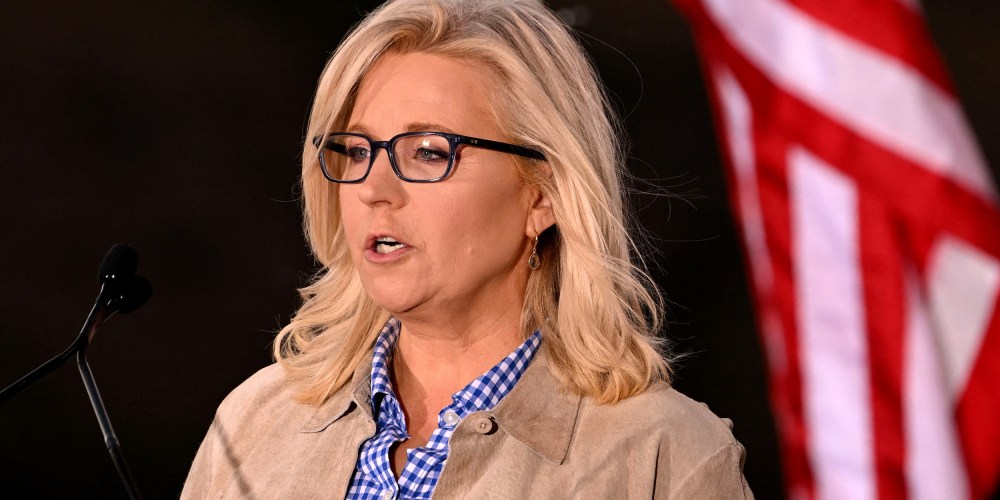After getting trounced in the Wyoming GOP primary Tuesday night, Rep. Liz Cheney pledged to “do whatever it takes to ensure that Donald Trump is never again anywhere near the Oval Office” in her concession speech. And it appears that one way she’s considering advancing that goal is a presidential run of her own.
Pressed by NBC News’ Savannah Guthrie on Wednesday morning about whether she’d think about running for president, Cheney said, “That’s a decision that I’m going to make in the coming months, and I’m not going to make any announcements here this morning — but it is something that I am thinking about.”
If she did make a run, I’d put quite a lot of money on her losing any contest she enters — badly.
It’s unclear how serious Cheney is, but if she did make a run, I’d put quite a lot of money on her losing any contest she enters — badly. The Republican Party has already made it clear not only that it doesn’t want her in a leadership position, but that it doesn’t want her in the party at all. Of course, this aversion doesn’t stem from dissatisfaction with her overall commitment to conservative values, but her refusal to go all in on the cult of Trump.
Cheney is an extremely conservative politician from an extremely conservative state who voted with Trump over 90% of the time when he was in office. She’s the daughter of one of the most powerful Republican politicians in modern American history, and she ascended to the No. 3 position in the House caucus leadership. But for the sin of speaking the truth about the 2020 election — that it was legitimate, that Trump lost, and that the Jan. 6 insurrection was the real threat to democracy — she has lost everything. She was ousted from her leadership position. She was censured by the Wyoming Republican Party — and then told she was no longer recognized as a Republican by it. And on Tuesday she lost by over 30 points to her challenger in the primary in a shellacking that many of her colleagues celebrated.
All polling about the potential shape of 2024 indicates that this Republican distaste for Cheney will remain. Most Republican voters believe the election was rigged, and that view informs their perception of Republican politicians. Trump is the 2024 front-runner by a large margin, and the only candidate close to him, Florida Gov. Ron DeSantis, has a political style that is firmly in the Trumpian mold. (DeSantis refuses to say whether he thinks 2020 was rigged, but that’s more out of self-interest than principle — he campaigns for politicians who say it was.)













